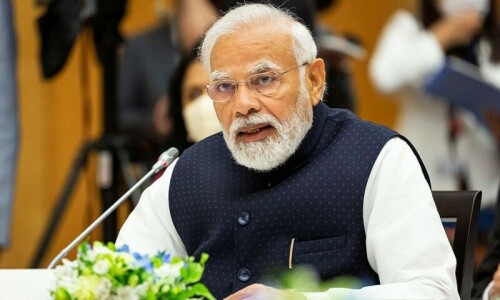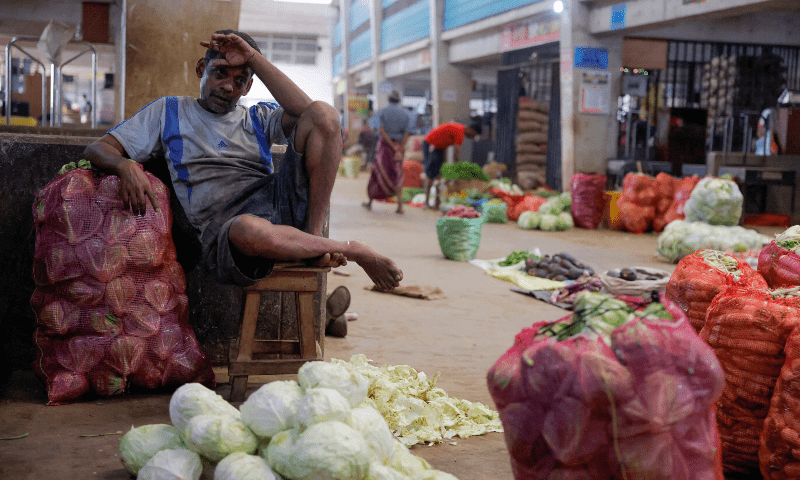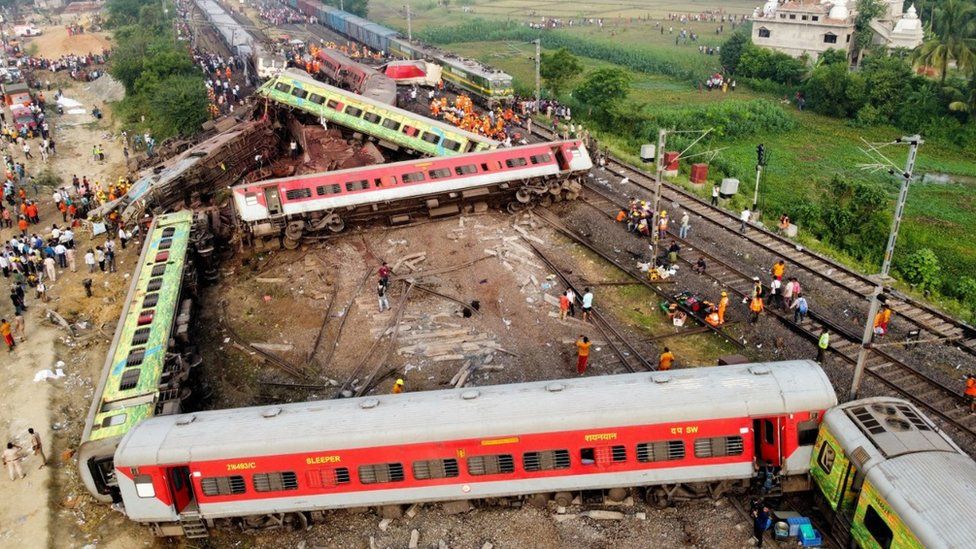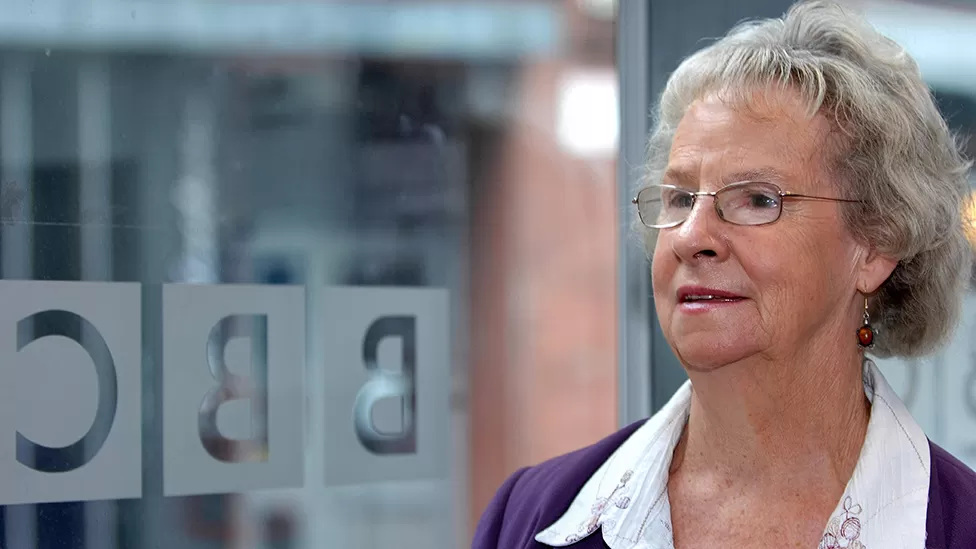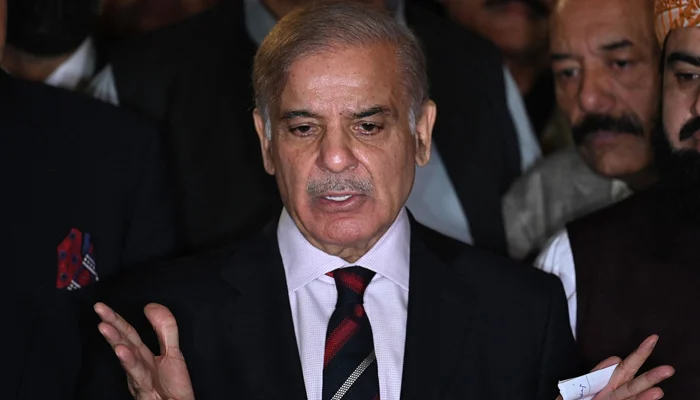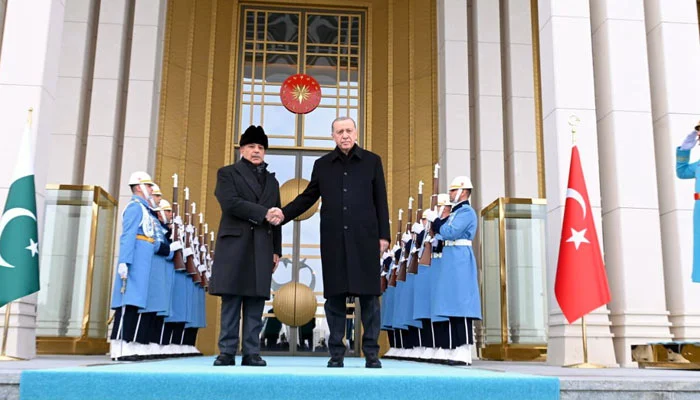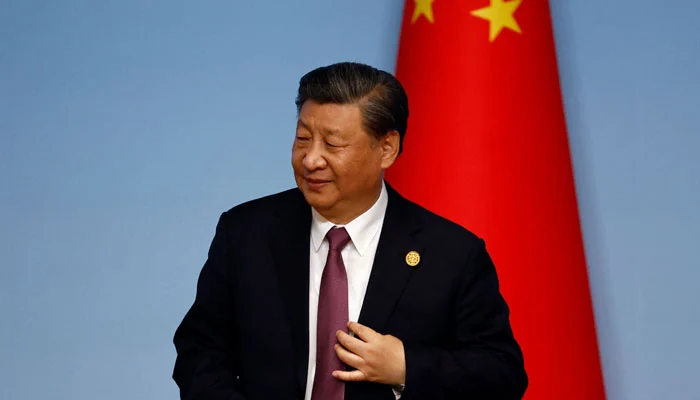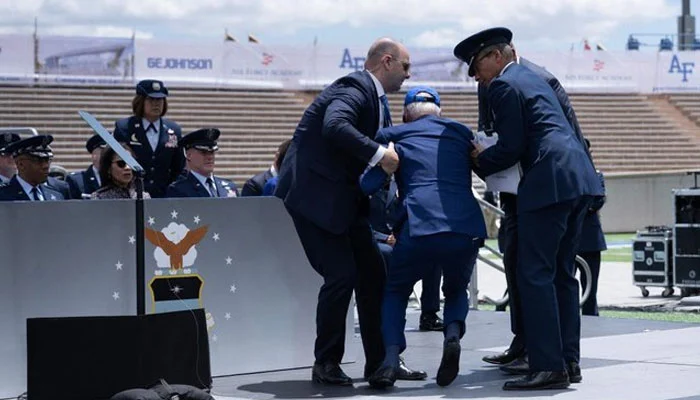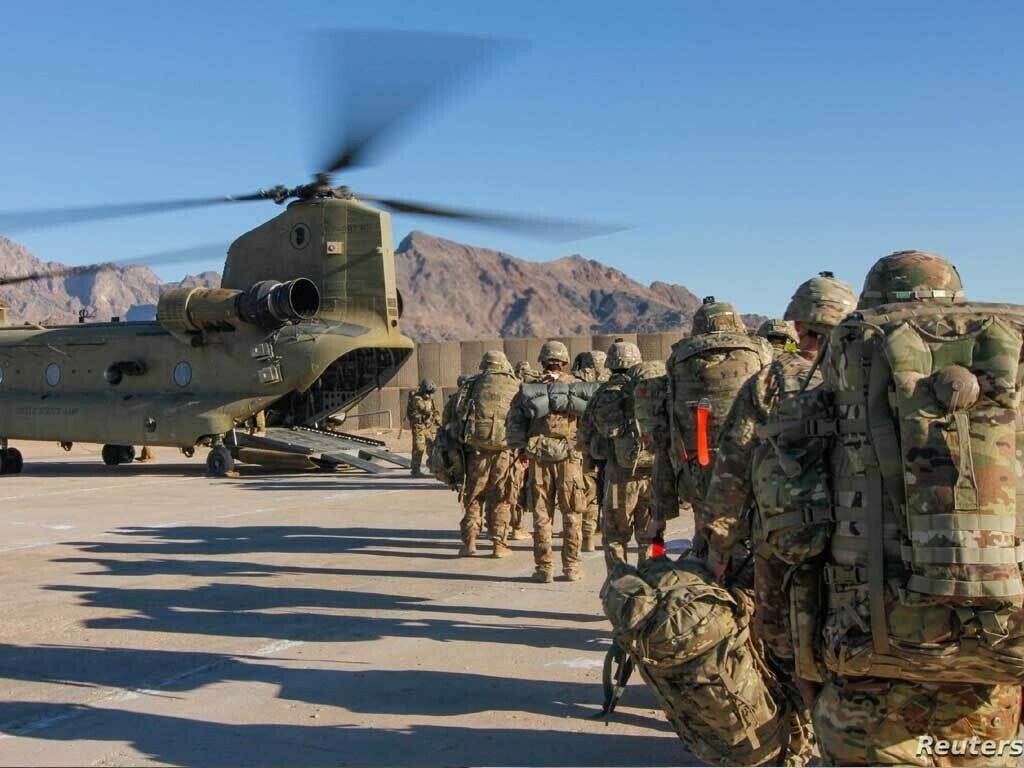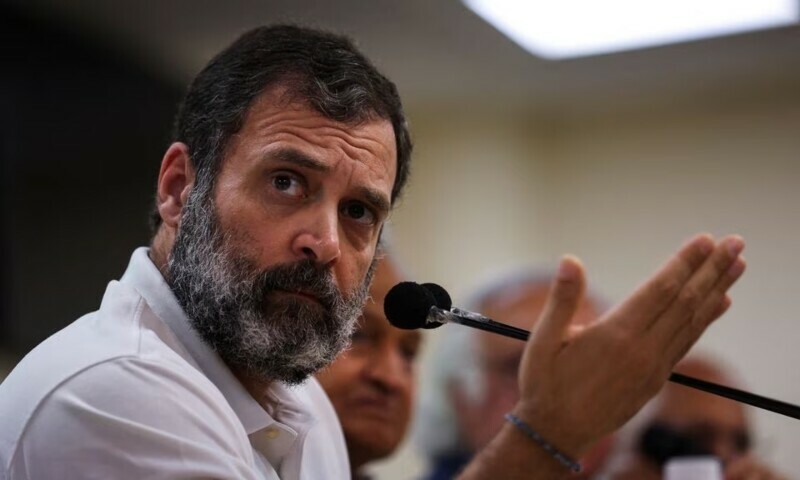ISLAMABAD: Pakistan has not yet confirmed the participation of Prime Minister Shehbaz Sharif in the SCO virtual summit in New Delhi
“We have received a notification that the Heads of State Meeting will take place in the virtual format and we are awaiting details from the current chair of SCO with regard to the details of the virtual meeting,” said Foreign Office spokesperson Mumtaz Zahra Baloch during a weekly briefing.
“We do not have further information to share. We await the details of this online meeting and once received, the invitation will be duly considered,” the spokesperson said.
When asked about a mural in the new Indian Parliament showing regional countries, including Pakistan, as Akhand Bharat, she said: “We have seen the reports about a mural installed at the new parliament building in New Delhi.”
“The mural depicts so-called ancient India, including areas that now constitute parts of Pakistan and other regional countries. We are appalled by the statements made by some BJP politicians including a union minister, linking the mural with ‘Akhand Bharat’ (Unified Greater India).”
“The gratuitous assertion of ‘Akhand Bharat’ is a manifestation of a revisionist and expansionist mindset that seeks to subjugate the identity and culture of not only India’s neighbouring countries but also its own religious minorities.”
She pointed out that it was a matter of grave concern that the idea of Akhand Bharat was increasingly being peddled by individuals belonging to the ruling dispensation in India.
“The Indian politicians are well-advised not to indulge in rhetoric against other countries merely to further their divisive and parochial political agenda,” the spokesperson said.
“Instead of nurturing hegemonic and expansionist ambitions, India should resolve disputes with its neighbours and work with them to build a peaceful and prosperous South Asia,” she said.
To a query regarding 65 US Congressmen writing a letter to Secretary of State Antony Blinken, asking him to make sure that Pakistan was fulfilling the commitment to human rights, the spokesperson responded.
“We have seen those statements. We do not agree with the characterisation that has been made on developments around May 9 and the situation in Pakistan,” she said.
“You may have seen the National Security Committee’s statement, which has clearly spelt out the factual situation around the May 9 events. We believe that Pakistan is fully capable of dealing with all domestic challenges in accordance with our laws and our Constitution.”
Pakistan, she said, was cognizant of its constitutional obligations to protect the rights and property of all of its citizens.
“We are committed to ensuring observance of national law, maintaining public order and respecting the Constitution, democratic traditions and human rights principles. These constitutional guarantees and fundamental freedoms are underwritten by our judiciary,” she added.
Regarding the recent visit by the Belarus foreign minister, she was asked whether the issue of Russia deploying its nuclear weapons in Belarus came up.
“The focus of discussions between the visiting foreign minister of Belarus and Pakistani dignitaries, including the foreign minister, was on the bilateral relationship. As such, no such issue came up,” she said.
However, while reiterating Pakistan’s position, she said all states should abide by their international legal obligations and non-proliferation commitments and avoid steps inconsistent with such commitments.
“The issue of stationing nuclear weapons on territories of NPT non-nuclear weapon states, at present as well as in the past, needs to be carefully examined by all parties to the Treaty as it has serious repercussions for global peace and security,” she said.


